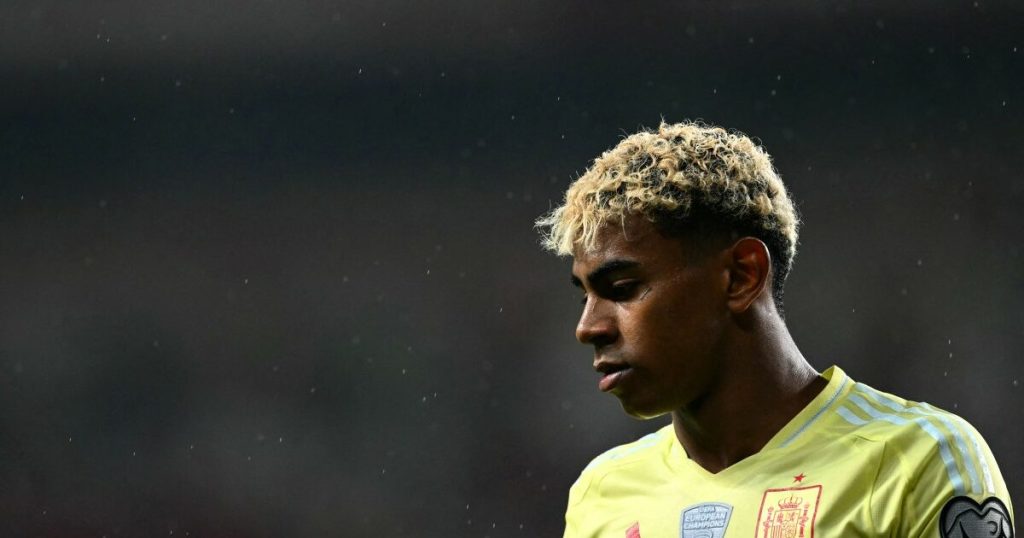The recent international break has sparked a war of words between Barcelona coach Hansi Flick and the Spanish national team, with the fitness of young star Lamine Yamal at the center of the dispute. Flick has publicly criticized Spain’s handling of Yamal, claiming the 18-year-old was played excessively despite carrying a groin injury, exacerbating the issue and rendering him unavailable for Barcelona’s upcoming La Liga clash against Valencia and potentially their Champions League match against Newcastle. The incident highlights the often-fraught relationship between club and country, particularly when player welfare appears compromised by international commitments.
Flick’s frustration stems from Yamal’s participation in Spain’s World Cup qualifying victories against Bulgaria and Turkey. While acknowledging Spain’s dominant performances in both matches, Flick questioned the necessity of playing Yamal for extended periods, especially given the comfortable scorelines. He argued that playing Yamal for 79 and 73 minutes respectively, coupled with a lack of training between the matches, demonstrated a disregard for the player’s well-being. This, according to Flick, is particularly concerning given Yamal’s young age and the importance of managing his development carefully.
The Barcelona coach further lamented the perceived lack of communication between the Spanish national team and the club. He revealed that while he had exchanged brief text messages with Spain coach Luis de la Fuente, the dialogue was insufficient and could have been significantly improved. Flick contrasted this with his own experience as Germany’s national team coach, emphasizing the importance of maintaining open and effective communication with clubs regarding player health and workloads. He implied that the current situation with Spain could have been avoided with better dialogue and a more collaborative approach to player management.
The Yamal incident adds another layer of complexity to the ongoing debate about the demands placed on players by the increasingly congested international football calendar. Clubs often feel powerless as their players are called up for international duty, potentially returning with injuries that disrupt club schedules and performance. This tension is further heightened when national teams are perceived to prioritize their own immediate needs over the long-term health and development of players, especially young talents like Yamal.
Beyond the immediate impact on Barcelona’s squad, the controversy underscores a broader systemic issue in football. The balance between club and country remains a delicate and often contentious one. While national teams require access to their best players for crucial matches, clubs invest heavily in these players and understandably want to protect their assets. Finding a mutually beneficial solution requires improved communication, greater transparency, and a shared commitment to prioritizing player welfare.
Adding to Barcelona’s woes, Flick also confirmed the absence of Frenkie de Jong for the Valencia game, compounding the midfield selection challenges. However, there was a glimmer of positive news with the return of Marc Bernal to the squad after a nine-month absence due to a long-term knee injury. While Bernal’s availability provides a boost, the backdrop of the Yamal controversy and the temporary relocation to the smaller Johan Cruyff training ground due to ongoing renovations at Camp Nou creates a challenging environment for Barcelona as they prepare for a crucial run of fixtures. While Flick insists the stadium change won’t affect his players, it undeniably adds an unusual dimension to the match against Valencia.














